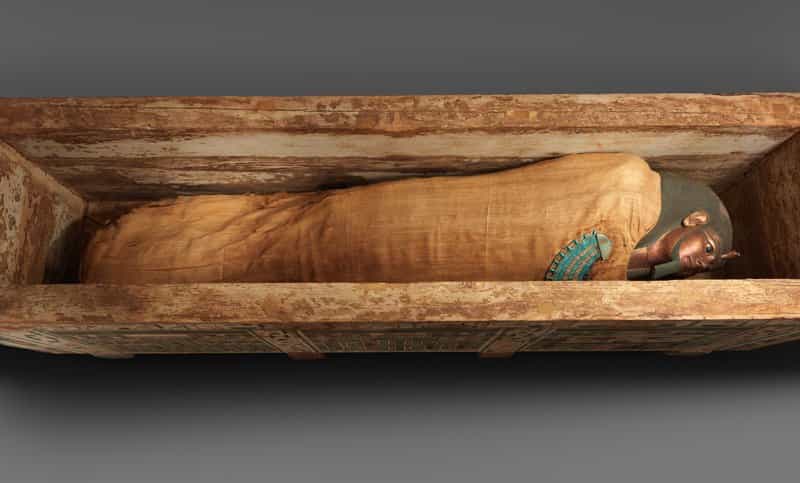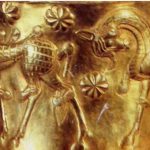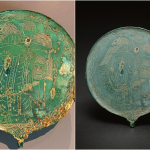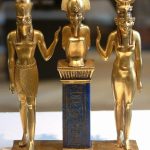English Museums Promote Culturally Sensitive Wording and Prohibit the Use of the Term “Mummy”

In a bid to promote cultural sensitivity and respect for diverse perspectives, museums across England are advocating against the use of the term “mummy” when referring to ancient Egyptian human remains. This shift in language reflects a broader effort within the museum community to address the colonial legacy of artifact collection and to engage in more inclusive and respectful practices when interpreting and presenting cultural heritage.

The term “mummy” has long been used to describe preserved human remains, particularly those from ancient Egypt, where the practice of mummification was a central element of funerary rituals. However, its use has come under scrutiny in recent years, with critics arguing that it carries colonial connotations and fails to acknowledge the cultural and religious significance of the individuals to whom it refers.

Instead, museums are encouraging the use of more culturally sensitive language, such as “ancient Egyptian human remains” or “preserved individuals,” when discussing such artifacts. This approach recognizes the humanity and dignity of the individuals whose remains are on display, while also acknowledging the broader historical and cultural contexts in which they were excavated and collected.











